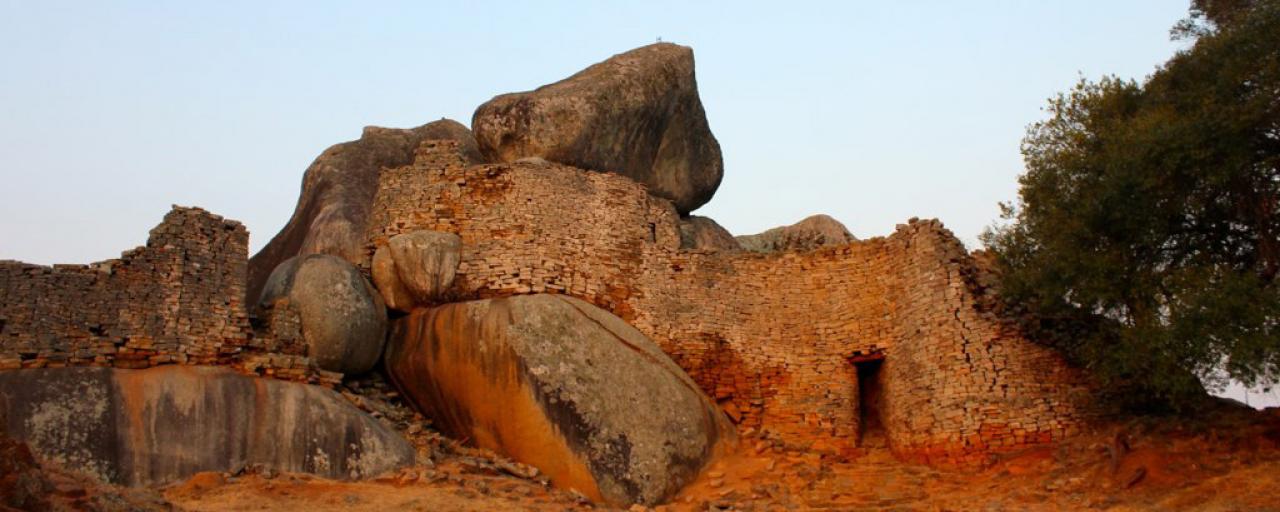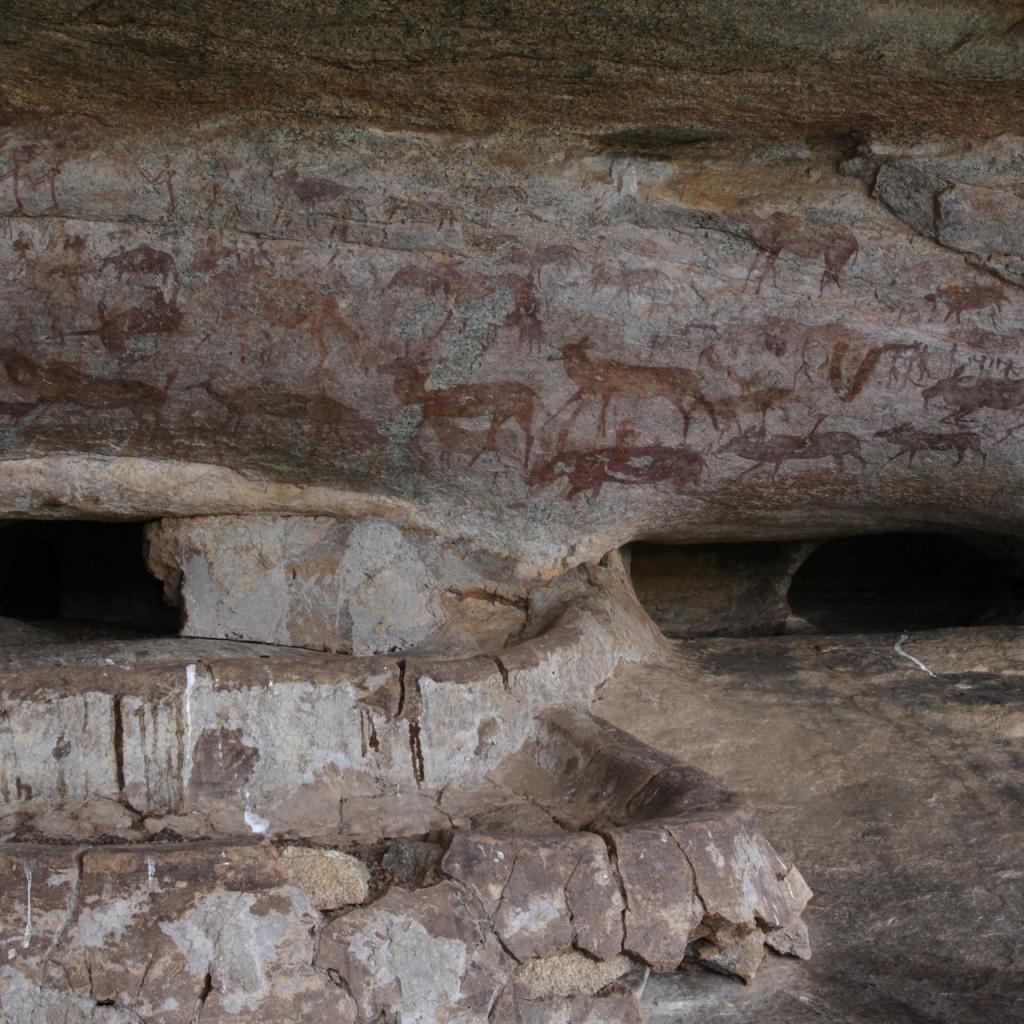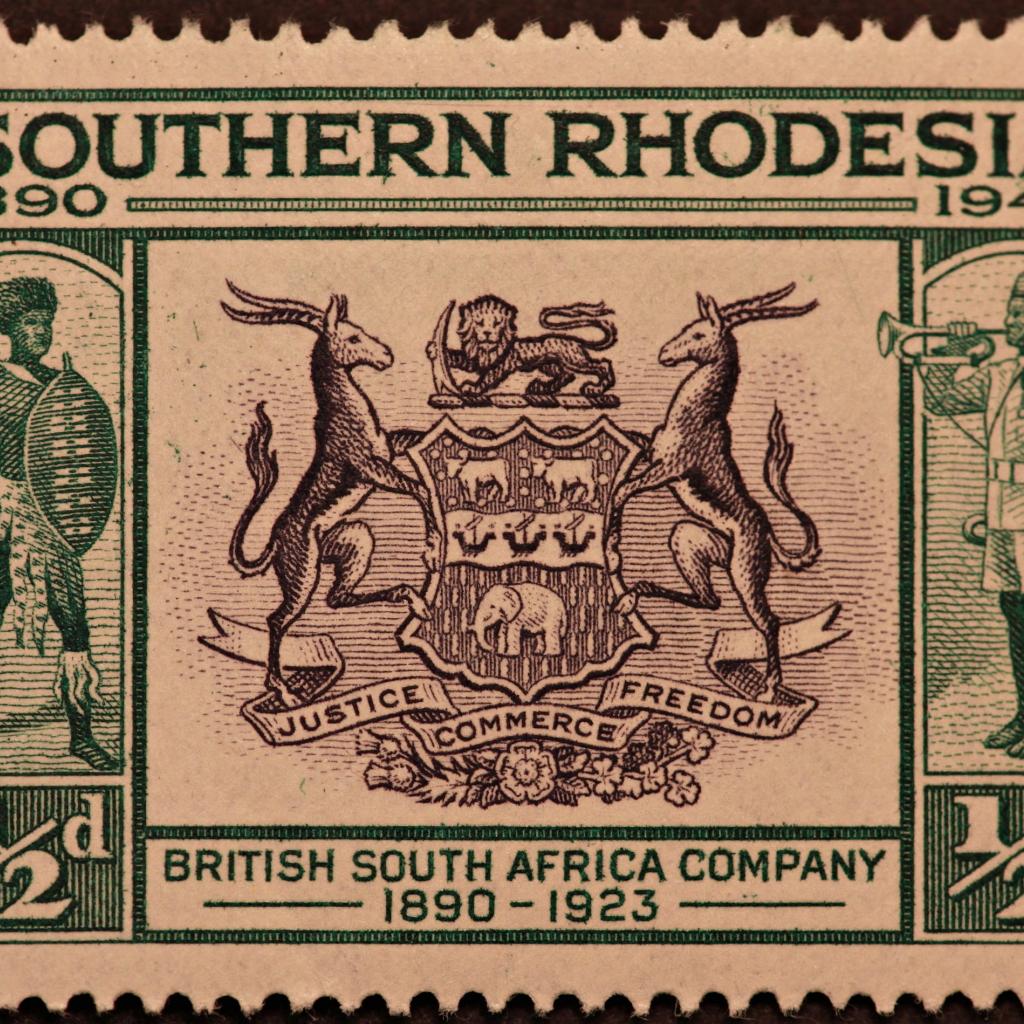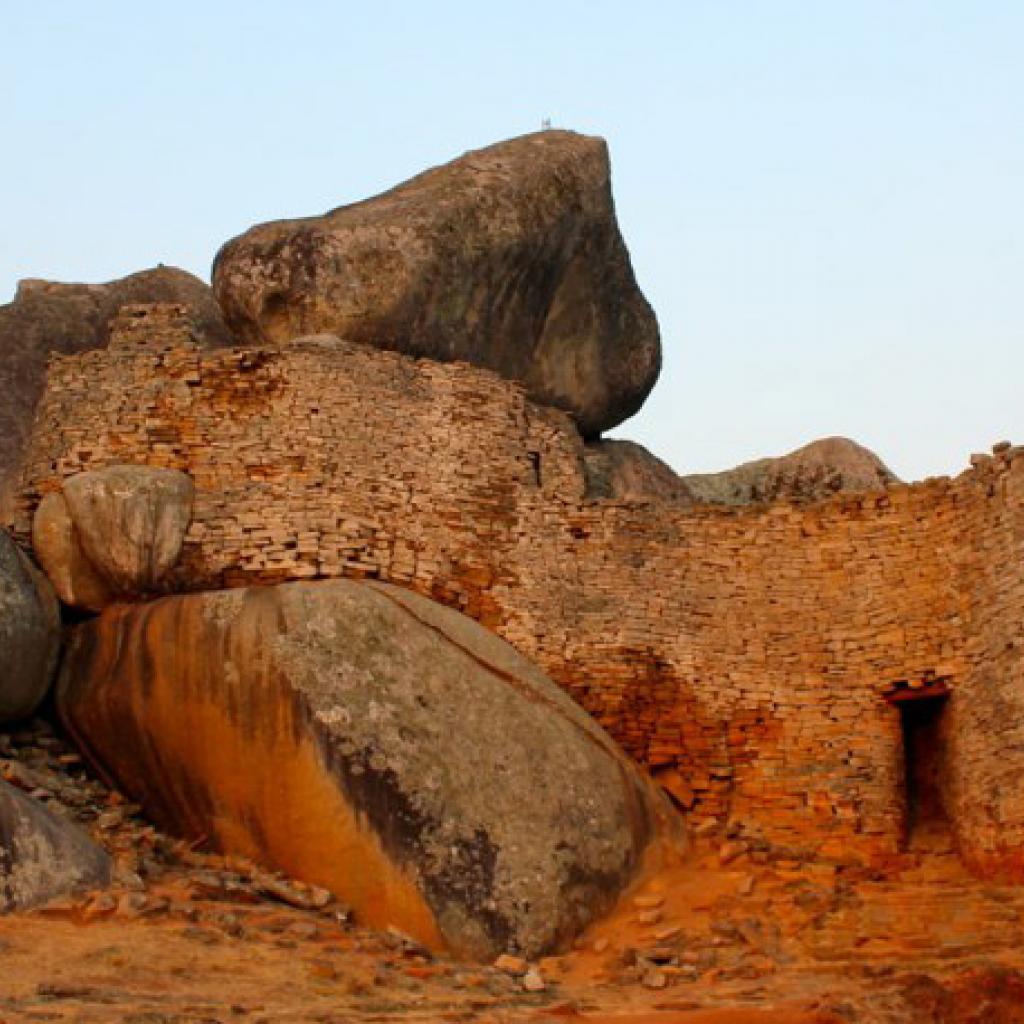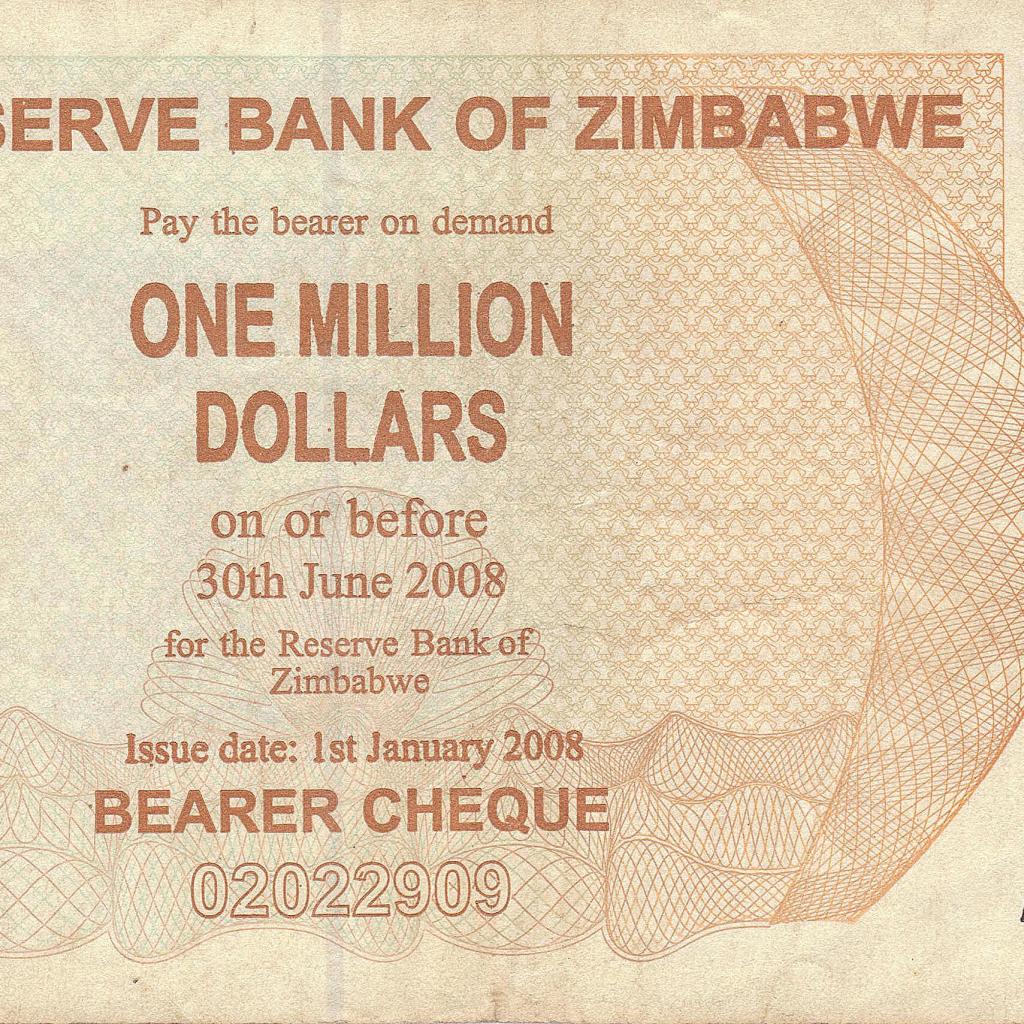In 1965 Ian Douglas Smith, prime minister of Southern Rhodesia and secretary of the leading white party, the Rhodesian Front unilaterally proclaimed the independence of today's Zimbabwe from the United Kingdom and the country assumed the name of the Republic of Rhodesia.
The British Kingdom opposed this gesture and the Republic of Rhodesia was not recognized either by the United Kingdom or by the UN, that for the first time applied economic sanctions.
This caused many revolutions within the country and immediately the first civil wars began, triggered above all by a social and economic policy by Smith very similar to apartheid.
The constitution was rewritten and based on the principle that British whites descendent had to be the leaders of the country they had founded with great difficulty, careless of the fact that they were numerically a minority; according to Smith the blacks should gradually integrate into the socio-economic structure of Rhodesia without, however, overturning it.
Ian Smith identified in the Ndebele a population more incline to dialogue with his government, while the Shona proved more hostile and for this reason they were considered enemies.
The white government of Rhodesia led the country to a very high economic level so that it could be nicknamed "the Switzerland of Africa".
The International community, with the exception of South Africa and Portugal, opposed this approach, and the main black parties, especially those of Shona's matrix, began a period of revolt; even the drafting of a new Constitution in 1969 failed to solve the problem and bring stability to the country.
The riots continued and were guided by the two main ethnic parties: the ZAPU, Zimbabwe African People's Union, of Ndebele’s matrix, more willing to dialogue and led by Joshua Nkomo and the ZANU, Zimbabwe African National Union, of Shona’s matrix, very violent and guided by Robert Mugabe, the latter were clearly supported by the USSR and the Warsaw Pact.
At the beginning of the seventies the armed struggle intensified and the country was the scene of a civil war; The liberation groups were supported by Tanzania and Zambia and, since 1975, by Mozambique, become independent.


